Category: Ecosystems
-
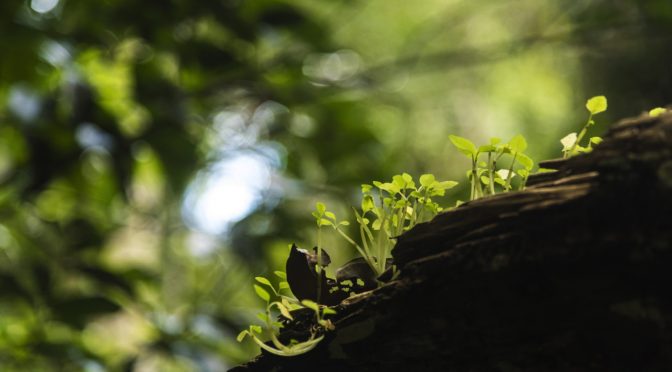
Tropical Forests Have Such Species Diversity Because… Well It’s Complicated
Ecologists have long struggled to explain why tropical forests have so many different species of trees. One dominant theory to emerge contends that each plant has a specialist natural enemy that helps keep populations of that plant in check — and allows others to thrive. A new study by Yale researchers finds that this phenomenon,…
-

Making Themselves At Home: Invasive Plants Adapt And Evolve Once Established
Scientists studied the characteristics of monkeyflowers (Mimulus guttatus), which first arrived in the UK from North America 200 years ago. They compared the behaviour of monkeyflowers long-established in Scotland with those introduced recently for the purposes of the experiment. Significantly, they found that the long-established plants were bigger and produced more flowers and more clones…
-
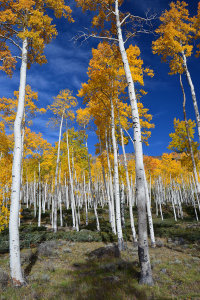
The Most Massive Living Organism, A Forest Of Clones, May Be Dying
The Pando spans 106 acres on a rolling hillside where it has overlooked the picturesque Fish Lake for thousands of years, possibly tens of thousands. But down among the trees it’s evident this iconic stretch of aspen trees, the most massive known organism on the planet, is in peril. (Click on title for full story.)
-
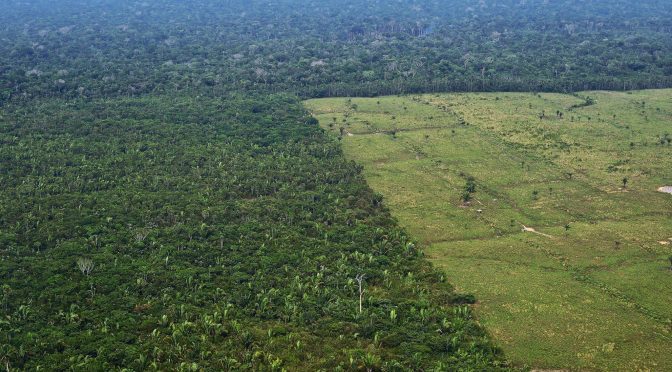
Save The Rain Forest? Record Years For Tropical Forest Loss
But such positive stories tend to be a relative rarity and experts say much more is needed to slow the pace of deforestation. To date, just 2 percent of international financing for activities to fight climate change goes toward forest conservation, said Frances Seymour, a senior fellow at the World Resources Institute. “We’re trying to…
-
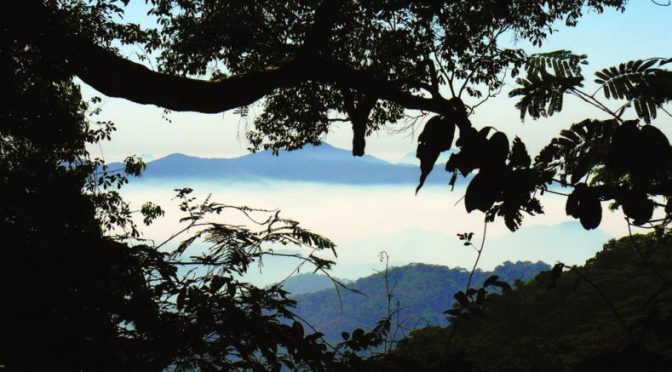
Unknown, Undisturbed Tropical Forest Discovered Using GoogleEarth
Some of the plants they found included a rarely seen orchid, and they discovered a tropical mistletoe, Helixanthera schizocalyx, a hairless parasitic shrub that attaches to tree branches, growing up to 50 cm (1.6 ft) high. All together, the team collected and brought back more than 500 plant specimens, which are being studied in Kew’s…
-
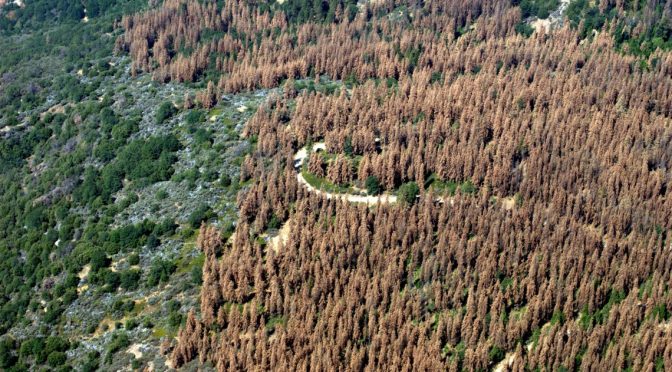
Silvan El Nino: Massive Forest Loss In One Region Has Continent-Wide Repercussions
Forest loss is disrupting or changing the flow patterns in the atmosphere that is leading to a slightly different summertime climate in the eastern part of the country, It’s very analogous to El Niño or ‘the blob,’ something that’s occurring that causes the atmosphere to move around, which causes these warmer or cooler conditions, or…
-
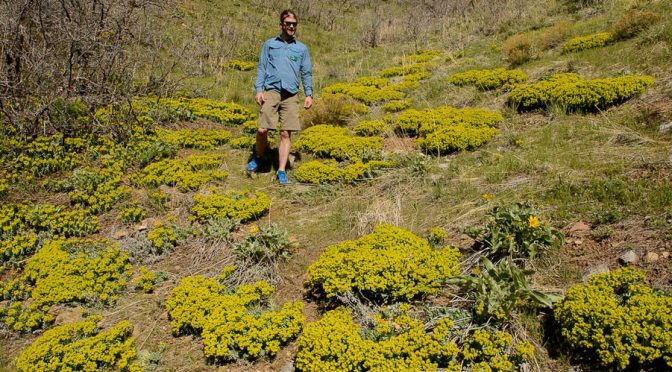
It Seemed Like A Good Idea At The Time: ‘Water wise’ Shrubs Turn Into Invasive Nightmare
Many botanists now consider Utah’s spurge infestation a crisis, but they have few resources to combat its advance. Traits that make myrtle spurge resilient — coupled with a total absence of organisms that prey on it — have turned the plant into an invasive disaster, (Click on title for full story.)
-

Are Fungi The “Secret Sauce” That Enables Native Plant Restorations To Succeed?
Some native plant species are more dependent on mycorrhizal fungi than invasive plant species. So, when that fungi is disturbed, native plants may not be able to compete as well with invasive species, disrupting the natural ecosystem of the environment and inhibiting many natural processes (Click on title for full story).
-
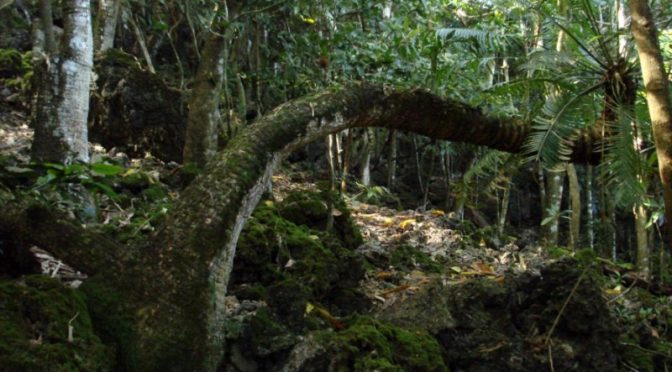
On Bird-less Guam, Invasive Animal Species Take Over Role Of Seed Dispersers
Pigs, featherless and flightless, might be one of the last seed dispersers left on the island to assist in forest regeneration. Particular to limestone forests, where pigs would be hard pressed to find places to wallow and root, this study found negative impacts from the presence of deer but did not detect negative impacts from…
-
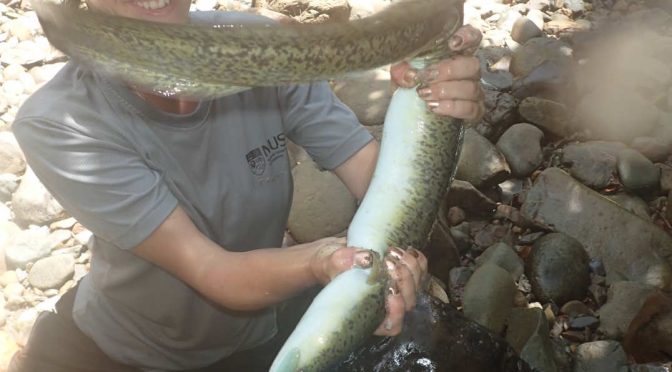
Any Logging Of Rain Forest – Even Selective Logging – Diminishes Fresh Water Fish Diversity
They found that fish diversity was decreased in all logged areas compared to within virgin forest, and that the time since logging did not affect the level of change. All logged regions suffered similar levels of losses irrespective of whether only select trees were taken or all of them, or whether the logging was recent…
